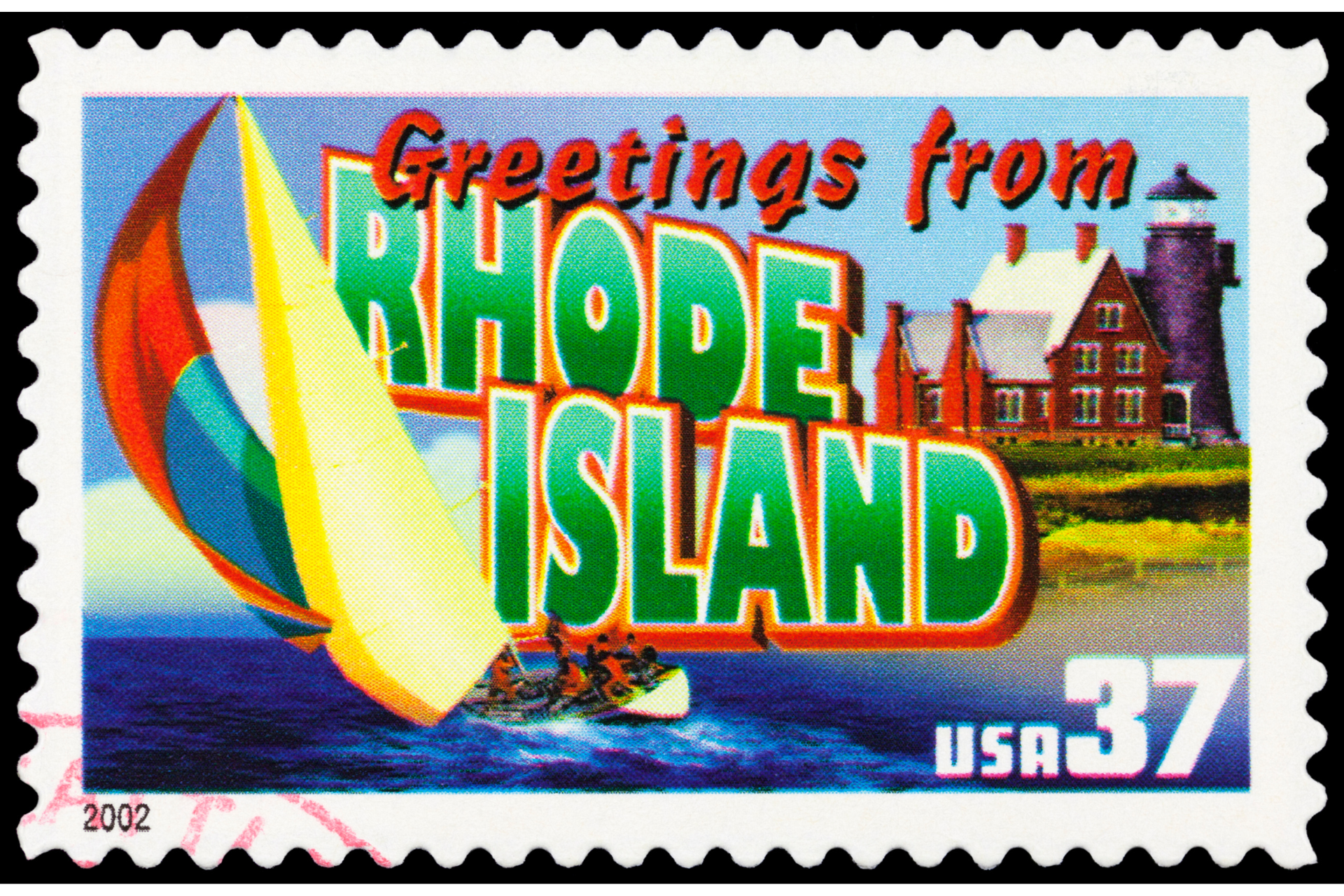The issue of U.S. citizenship in Puerto Rico and related constitutional implications have long been a subject of debate. On numerous occasions, Congress reached out to the Department of Justice (DOJ) for expert testimony to shed light on their questions and concerns.
Constitutional Questions
In 2000, William M. Treanor, a U.S. Deputy Assistant Attorney General, testified before the House Committee on Natural Resources. His testimony focused on issues arising from a bill pending before the committee that would enter the United States and Puerto Rico into a permanent union and guarantee citizenship to all native Puerto Ricans. The bill subsequently died.
Treanor first raised underlying constitutional concerns with the draft bill under consideration. He noted that the Constitution recognizes three possible structures of government: sovereign nationhood, statehood, or territory status. Treanor argued that a “permanent union” between the U.S. and Puerto Rico as two sovereign governments would be incompatible with each of these types of governance and constitutionally unenforceable. Not only can Congress not irrevocably bind the U.S. to obligations that could restrict its sovereign powers, but it also cannot bind future Congresses to any sort of “permanent” union.
With respect to U.S. citizenship, Treanor cited Supreme Court precedent that “so long as Puerto Rico remains part of the United States, citizenship that has been granted is constitutionally protected,” but also noted that “[t]here is case law that indicates that a change in sovereignty severs the individual’s
ties with the country that had previously exercised sovereignty over the place that person inhabits.” He also pointed out the lack of precedent on the issue but recognized that Congress has the “power to impose conditions on retention of citizenship,” and that international law assumes “that nationality follows sovereignty.”
At the outset, Treanor acknowledged that additional issues before the committee implicated “serious policy concerns” that while not inherently Constitutional in nature or under the purview of the U.S. Department of Justice, were still important. Treanor suggested that these concerns would better addressed by “representatives of the White House, the State Department, and the Immigration and Naturalization Service.”
U.S. Citizenship in a New Nation of Puerto Rico
In a 1991 hearing before the Senate Committee on Energy and Natural Resources, Attorney General, Richard Thornburgh testified that “so long as Puerto Rico remains part of the United States, citizenship that has been granted is constitutionally protected.” However, in the context of the creation of a new nation, “the constitutional analysis is more complicated.”
Here, the DOJ highlighted two issues in the new nation of Puerto Rico. First, the Justice Department strongly opposed the idea of dual citizenship between the United States and Puerto Rico and opined that should Puerto Rico become independent, its residents “should be required to elect between retaining United States citizenship (and ultimately taking up residence within the United States…), and citizenship in the new republic of Puerto Rico.” Second, the DOJ believed that Puerto Rican citizenship would be important and should be made available to all citizens of the United States who are bona fide residents of Puerto Rico at the time of independence.
Notably, Thornburgh cited case law indicating “that a change in sovereignty severs the individual’s ties with the country that had previously exercised sovereignty over the place that person inhabits.” Chief Justice John Marshall had clarified that upon the cession of a territory, the relations of its inhabitants “with their former sovereign are dissolved, and new relations are created between them, and the government which has acquired their territory. The same Act which transfers their country transfers the allegiance of those who remain in it.”
Congress Retains its Power
In his 2000 testimony, Treanor recognized Thornburgh’s previous testimony in his analysis of the bill then pending before the committee. He further explained that U.S. sovereign powers, like governing international affairs, cannot be contracted away, and the pending proposal’s provision to create a permanent agreement between the U.S. and an independent Puerto Rico would threaten American sovereignty and therefore be impossible. If Puerto Rico were to operate as an independent nation, then Congress must be able to alter its relationship with the United States in the future.
Finally, Treanor was ahead of his time in a related observation that under the U.S. Constitution’s Territory Clause, “Congress could later unilaterally retract
any delegation of power” to Puerto Rico. In 2016, Congress did in fact retract power previously granted to Puerto Rico when it passed PROMESA and installed a Financial Oversight Management Board that took away much of the Governor’s power.
Image courtesy of Wikimedia


